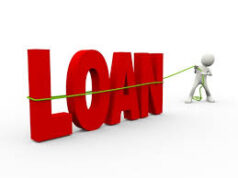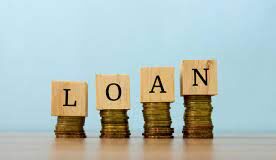For times when you need to borrow money or consolidate debt, both home equity loans and personal loans fit the bill to get the job done. However, taking out a loan is a major decision and knowing the right one to pick for your situation can be tricky. Both loan types usually have fixed interest rates, but one typically has lower rates and the other is easier to access quickly. Let’s compare home equity loans and personal loans and see if either loan fits your needs.
What Is A Home Equity Loan?
A home equity loan is a type of loan that gives homeowners the chance to tap into the equity that they’ve built into their home. To clarify, home equity is simply the difference between the worth of your home and the remaining mortgage balance. The equity allows homeowners to have and use the collateral to borrow funds. For example, if you still owe $100,000 on your mortgage and your home is worth $250,000, you have $150,000 worth in equity.
Home equity loans are a great option for homeowners with a low-interest mortgage who don’t want to go through a full refinance but want to borrow some of the home equity they’ve built. Because this type of loan is based on the value of your home, they are not designed with newer homeowners in mind. This is due to the fact that how much homeowners can borrow is linked to their loan-to-value ratio (LTV), which is based on your equity. Lenders will look at the potential homeowner’s debt between the mortgage and the equity loan to ensure that the debt total is less than the home’s estimated sale price.
Home equity loans are often referred to as a “second mortgage,” which means that you will need to pay closing costs and potentially have a home appraisal done. While home equity loans can be considered to be less risky, if you’re unable to pay back the loan, a lien on the property or even foreclosure are possible.
What Is A Personal Loan?
Like home equity loans, personal loans give borrowers an opportunity to use a sum of money that must be repaired. A personal loan is an unsecured loan that has no collateral, which means that there is nothing of value securing a loan. A borrower’s ability to secure a personal loan will depend on their income, debt-to-income ratio (DTI) and credit score – essentially, a borrower’s creditworthiness. Typically, a credit score of at least 650 can help a borrower obtain a personal loan with a good interest rate.
Since there is no collateral involved with personal loans, the time frame to get a personal loan is much faster than home equity loans but the repayment period can range from a year to around seven years. Keep in mind that the longer the term, the higher the interest rate will be.








